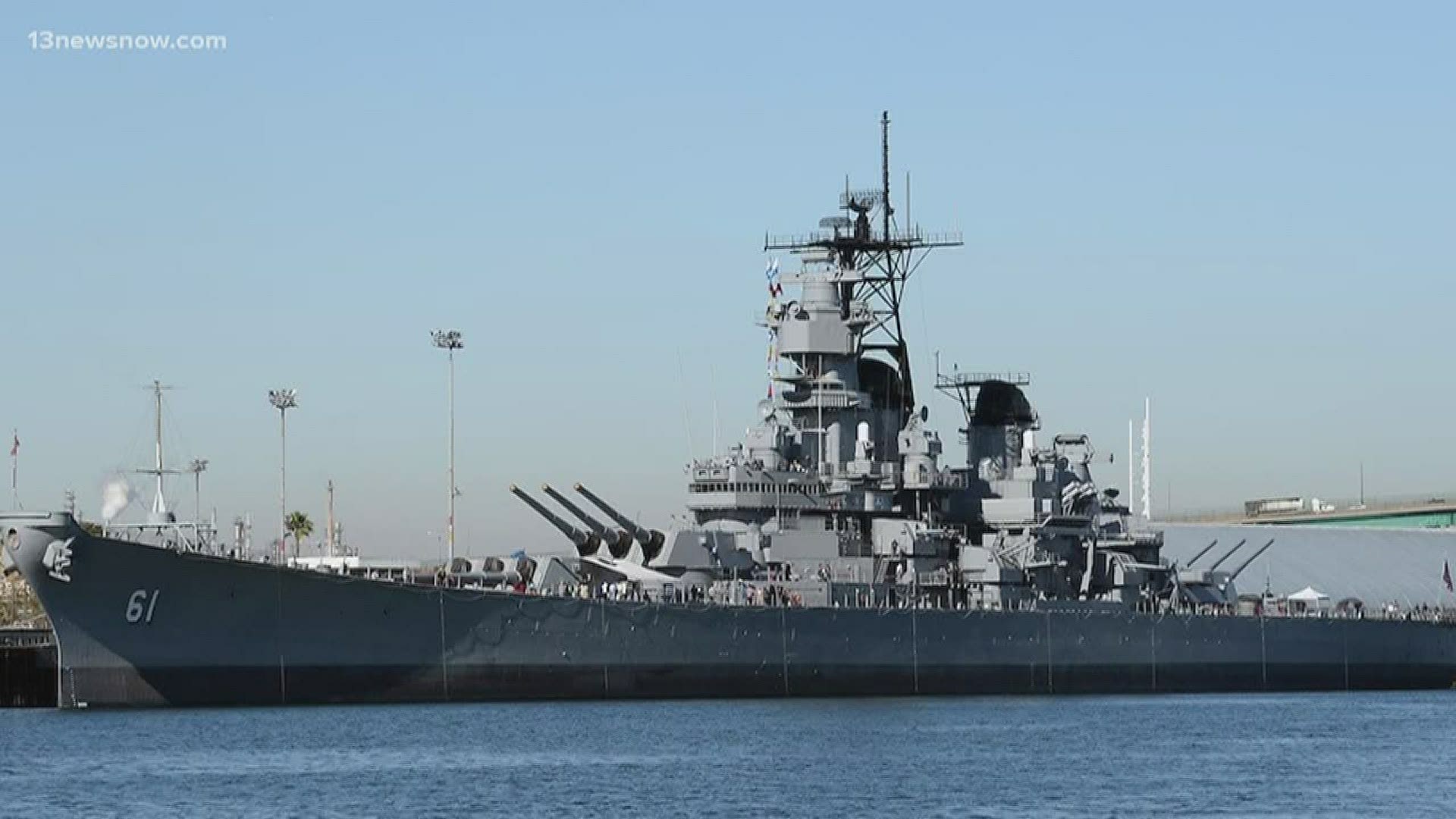NORFOLK, Va. — It was April 19th, 1989 -- one of the Navy's darkest days -- and it all happened in a flash.
Off the coast of Puerto Rico, the World War II-era battleship's number two turret blew up. Forty-seven crew members died.
"We were all doing our jobs," said retired Chief Jim Baron. "We were young. We were doing what we were told and an unfortunate thing happened. There was a lot of finger-pointing and there probably always will be. But as far as lessons go, I think the men onboard the Iowa did the best that they could after the accident happened. Our biggest concern was saving the ship. And I tell you what man, it was scary."
Baron recalls how hard the crew worked for more than 12 hours to put out the fire.
"They all worked all day, all night, just exhausted," he recounted. "You know, 19-year-old kids, asking to do stuff most of us will never see in our entire life, they did that day."
Baron remembers his good friend, Senior Chief Ziegler, who never got to retire with his wife in New York.
"That event deprived him and her of that time together that they would have had," he said. "That's just one example, there's 46 other guys that had long lives to lead."
Now, more than three decades later, Baron says some survivors are still struggling with coping with the horrible things they experienced and have had to live with ever since.
Those things include a botched initial investigation that wrongly blamed a dead sailor for sabotage. A subsequent probe concluded an accidental over-ram of gunpowder was the cause.
"Some people are doing better than others, I fully understand, it resonated with some people much, much harder than others," Baron said. "And for those people, we've got to pray that hopefully, time will heal these things."
Unfortunately, because of the coronavirus outbreak, there'll be no ceremony this year at Naval Station Norfolk to honor the fallen sailors.

